Hello, my name is Bozhidar Ivanov Nedyalkov, but people call me Boji.
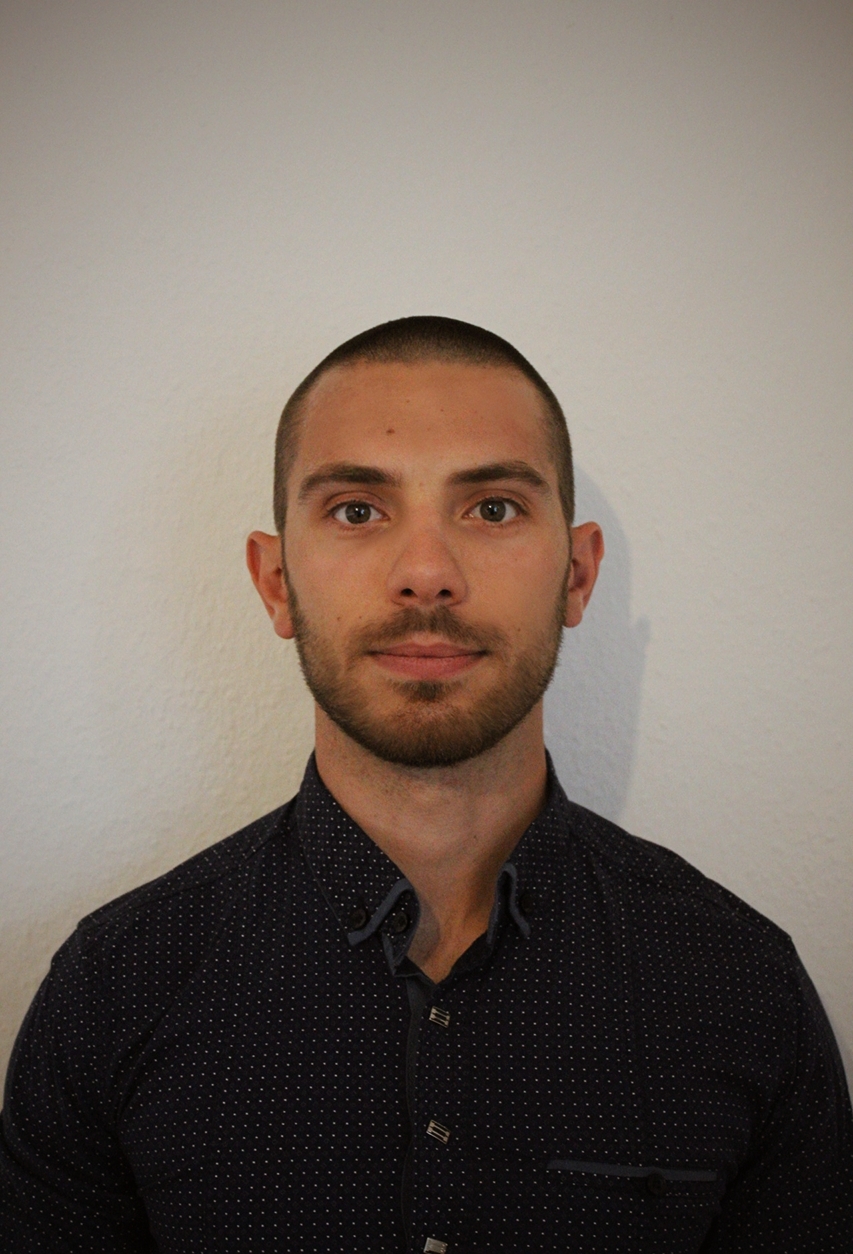
I am a software developer and a sports coach
The reason I excell in these two areas is because I have a focus on efficiency, I am good at recognizing patterns and I find satisfaction in being the hardest worker in the room.
Education
High School
Language School "Simeon Radev"
Studied 5 years of Language School, with profile: English, Spanish, Mathematics
Excellent Diploma
90% grade on Exit Mathematics examination
University in Bulgaria
University of Telecommunications and Posts
Studied 2 years of Physics, Electronics, Programming and High Mathematics
Excellent grade in Programming
Very Good grade in High Mathematics
High Mathematics 1: This course covers fundamental mathematical concepts, including calculus, algebra, and mathematical analysis. Emphasis is placed on building a strong foundation in mathematical principles and problem-solving skills. Basics of Electronics: An introductory course exploring the fundamental principles of electronics. Topics include basic circuit analysis, electronic components, and introductory electronics theory. Physics: This course delves into the fundamental principles of physics, covering topics such as classical mechanics, electromagnetism, thermodynamics, and optics. It provides a solid understanding of physical phenomena and their applications. Basics of Informatics: An introduction to the fundamental concepts of informatics, focusing on data representation, algorithms, and basic problem-solving techniques. This course lays the groundwork for further studies in computer science. Programming: This course introduces programming concepts and practices, covering the basics of algorithmic thinking, problem-solving, and the implementation of solutions using C++ programming language. Foreign Language English 1: An English language course designed to enhance communication skills, with a focus on grammar, vocabulary, and practical language use. Emphasis is on building a foundation for effective written and oral communication. High Mathematics 2: Building upon the concepts introduced in High Mathematics 1, this advanced course explores more complex topics in mathematics, including advanced calculus, linear algebra, and differential equations. Computer Architecture: An exploration of the design and organization of computer systems, including topics such as CPU architecture, memory systems, and input/output. Marketing: An introduction to marketing principles, strategies, and practices. Topics include market analysis, consumer behavior, and the development of marketing plans. Foreign Language English 2: A continuation of English language studies, focusing on advanced language skills and communication strategies. Schemotechnics: This course covers schematic diagrams and technical drawings, essential skills in various engineering disciplines. Information Technologies: An exploration of various information technologies, including computer networks, data management, and system architecture. Databases in Telecommunication: An in-depth study of database systems in the context of telecommunication, covering data modeling, database design, and query languages.
University in Denmark
VIA University College
Studied 2 years of Java, Assembly and other programming languages, along with non-coding Engineering courses
Very Good grade in Java Programming
Semi-finalist in Lego Robot Wars
CSE1 Communication Skills for Engineers: A course designed to enhance communication skills specific to engineering contexts. It covers written and oral communication, technical documentation, and effective presentation skills. LRL1 Lego Robot Lab 1: A project-based course that involves hands-on experience in building and programming robots using Lego Mindstorms. SDJ1 Software Development with UML and Java 1: An oral examination-based course focusing on software development using the Unified Modeling Language (UML) and the Java programming language. CON1 Computer Networking: An oral examination-based course covering the fundamentals of computer networking, including concepts such as protocols, network architectures, and communication technologies. SDJ2 Software Development with UML and Java 2: A continuation of the previous software development course, covering more advanced concepts in UML and Java programming. AJP1 Applied Java Programming: A written examination-based course that involves applying Java programming skills to solve practical problems. The exam covers both theoretical and practical aspects of Java programming. INO1 Innovation Week Completion: A course completion based on participation and completion of tasks during an innovation week. It involves collaborative problem-solving and creative thinking. ADS1 Algorithms and Data Structures: A written examination-based course covering fundamental algorithms and data structures, essential for efficient software development. DBS1 Database Systems: An oral examination-based course covering the principles of database systems, including data modeling, database design, and query languages. ESB1 Engineering Science and Business: A combined written and oral examination course that explores the intersection of engineering principles and business considerations. CAL1 Computer Architecture Lab: A written examination-based course with a focus on practical aspects of computer architecture. It involves hands-on exercises in a laboratory setting. RIE1 Real-Time Programming, interfacing, and electronics: A written examination-based course covering real-time programming, interfacing techniques, and electronics principles. It involves designing systems that require real-time response. DNP1 Net-programming: The description for this course is cut off. If you have more details, feel free to share them, and I'll be happy to provide a description. DNP1 Net-programming: A course focused on network programming using the C# programming language. This course covers the development of applications that involve communication over computer networks, exploring topics such as socket programming, web services, and distributed systems.
Online Education
Coursera in collaboration with Duke University
Studied 5 months of Java Programming
Completion with 100% with Honors in all included courses
Current
freeCodeCamp
Studied 1 year of Full-Stack Development
Completed 1800 study hours in one calendar year
Responsive Web Design: A course or set of topics covering the principles and techniques of designing websites that are responsive to different devices and screen sizes. This includes using technologies like HTML, CSS, and JavaScript to create user interfaces that adapt seamlessly to various platforms. JavaScript Algorithms and Data Structures: This involves the study of algorithms and data structures using the JavaScript programming language. Topics include sorting algorithms, searching algorithms, linked lists, trees, and other fundamental data structures used in software development. Front End Development Libraries: A course, comprised of a set of materials covering the use of front-end development libraries and frameworks. This includes libraries like React, Vue, or Angular, exploring their features and best practices for building interactive and dynamic user interfaces. Data Visualization: This area focuses on techniques and tools for representing data visually. Students learn how to create charts, graphs, and interactive visualizations using technologies such as D3.js and other data visualization libraries. Back End Development and APIs: This covers the server-side of web development, involving the creation of databases, server logic, and APIs (Application Programming Interfaces). Students learn about server-side programming language Node.js and how to build and consume APIs. Legacy Information Security and Quality Assurance: This course addresses the principles and practices of information security and quality assurance in the context of legacy systems. It involves securing and maintaining software systems, ensuring their reliability, and implementing quality assurance measures to meet industry standards. Topics include security audits, testing methodologies, and maintaining the integrity of legacy systems.
Along with acquiring theoretical knowledge, I have put my skills to the test in a number of projects.
Projects
-
In my first year of VIA University College in Horsens, Denmark, one of our group projects was to build and program a Lego robot to perform tricks and, eventually, face the other robots in a sumo-style battle. The experience taught us about working with sensors and microcontrollers. Here are the highlights:
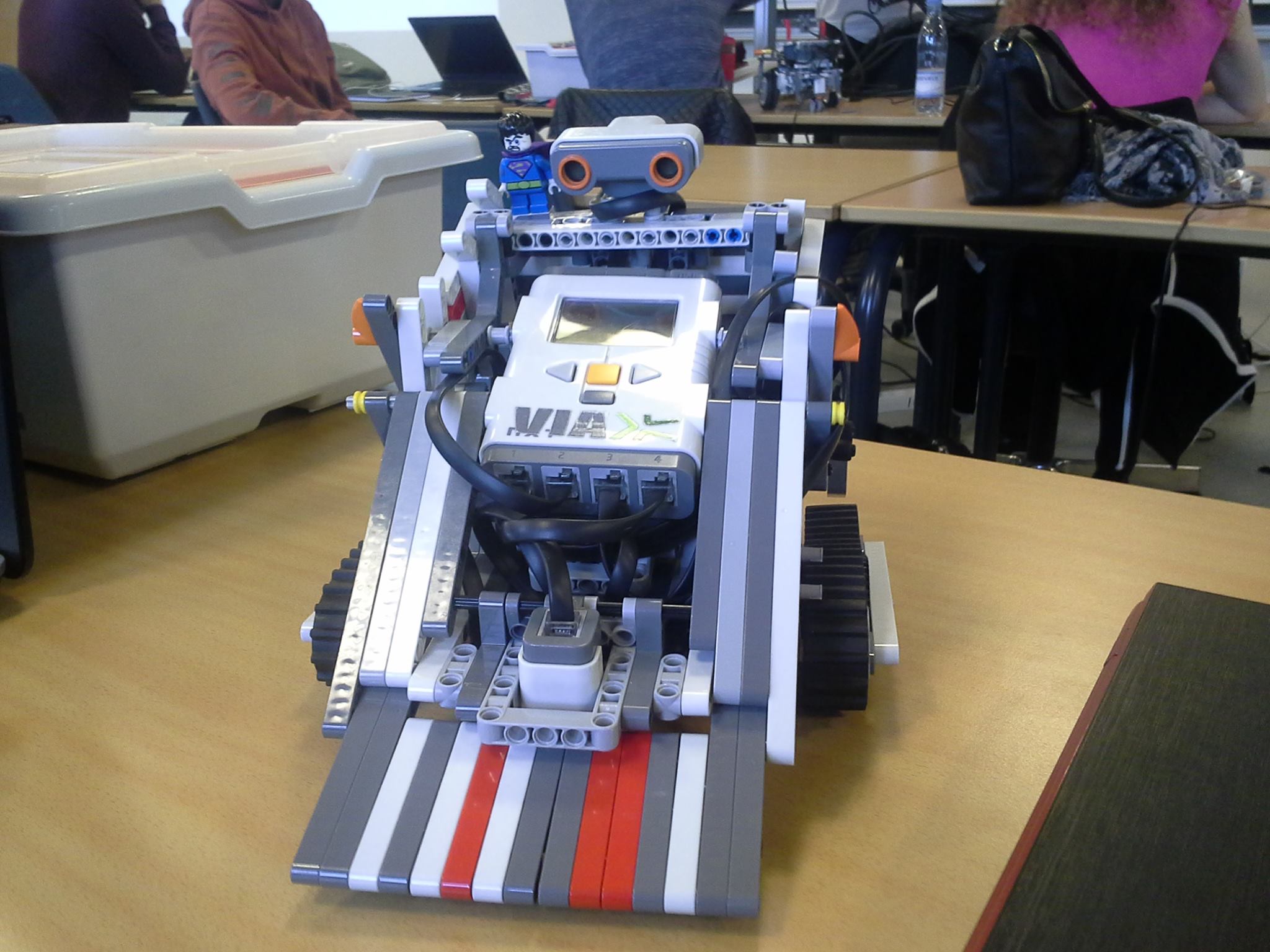
-
Another one of my VIA projects. We had to create a booking system for a hotel. We were given the numbers and types of rooms and our objective was to create an administrative application, so they can keep track of their guests. It was the biggest project I had taken part in at the time and I learned a lot about planning and executing work in a team. Here are the use case diagram and the user guide for this project:
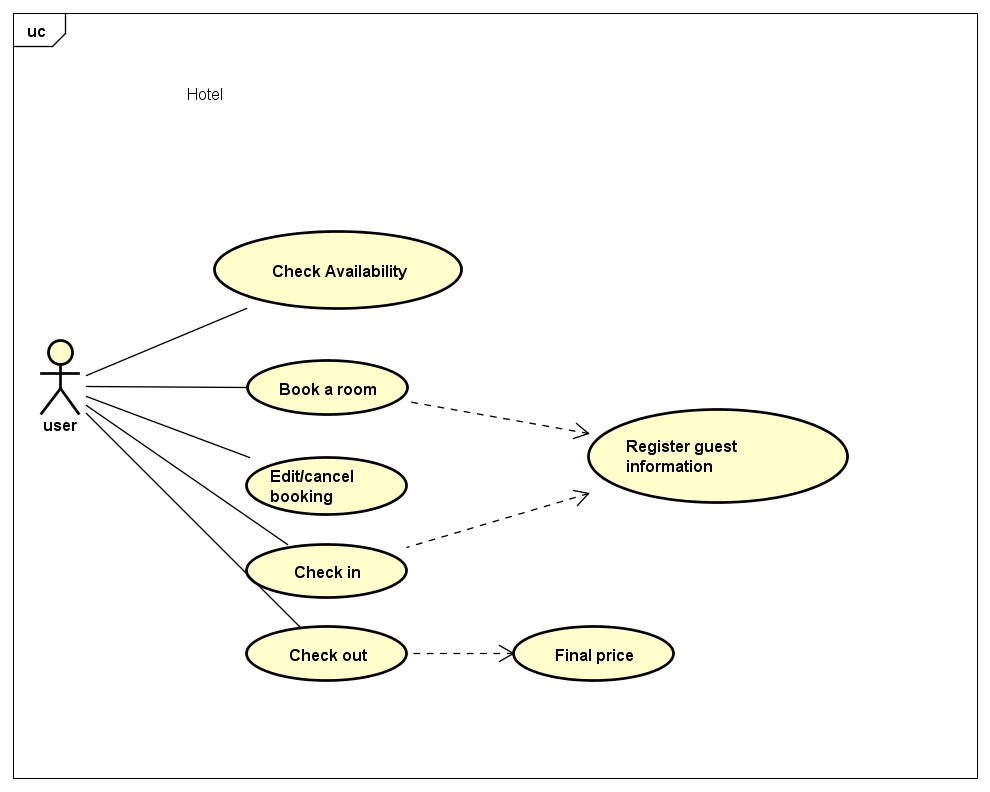
-
This application I made in relation to learning encoding and decoding algorithms with Duke University. It has a simple UI, but complex algorithm working behind it. I have only tested it with Ceaser Cypher decoding algorithms (since this is its base) and none have decoded it yet. Here is a visual representation of how it works:
-
This was the last project for the "Java Programming" certification. The front end was provided, but for the back end I was only given a file of movies with their data. It was a peer-graded asignment and my project passed all the requirements. Here is a brief user guide:
-
I build this application for both desktop and android. It's main purpose is to be able to send hidden information through images. I had to learn a lot about image manipulation algorithms and specifically pixel manipulation. Here is the user guide for it:
-
These are some fun apps, which I did for my last certification. Their purpose is to show my abilities in working with front end libraries.
-
Here are a few projects, showcasing my ability to create visual representation of large datasets.
-
The landing page of the first product I'm selling. I trully enjoyed working on this one as I had an exact vision of what I wanted it to look like and I made it happen.
While working on improving my professional skills, I also took part in some "extracurricular" activities.
Personal Achievements
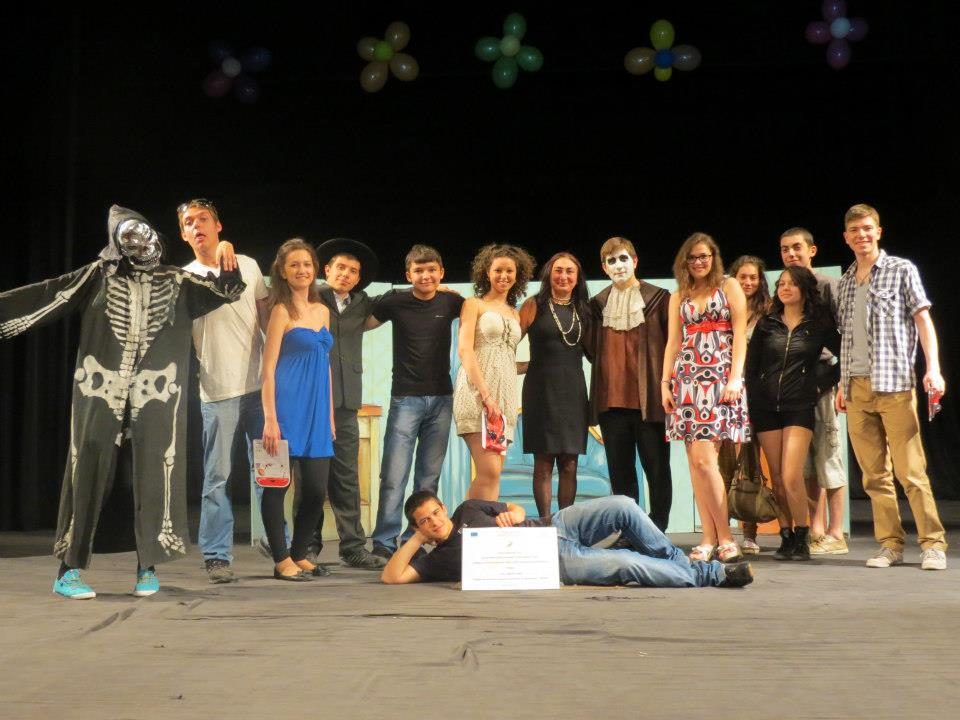
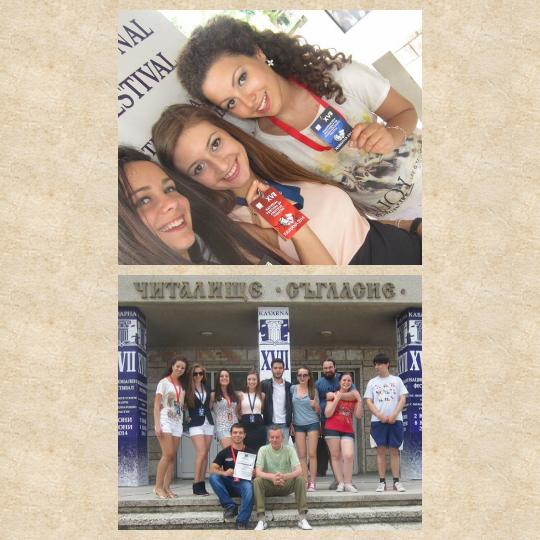
At the end of High School, I participated in a Theater troupe, which eventually competed in and won several Prizes from Kavarna Theater Festival
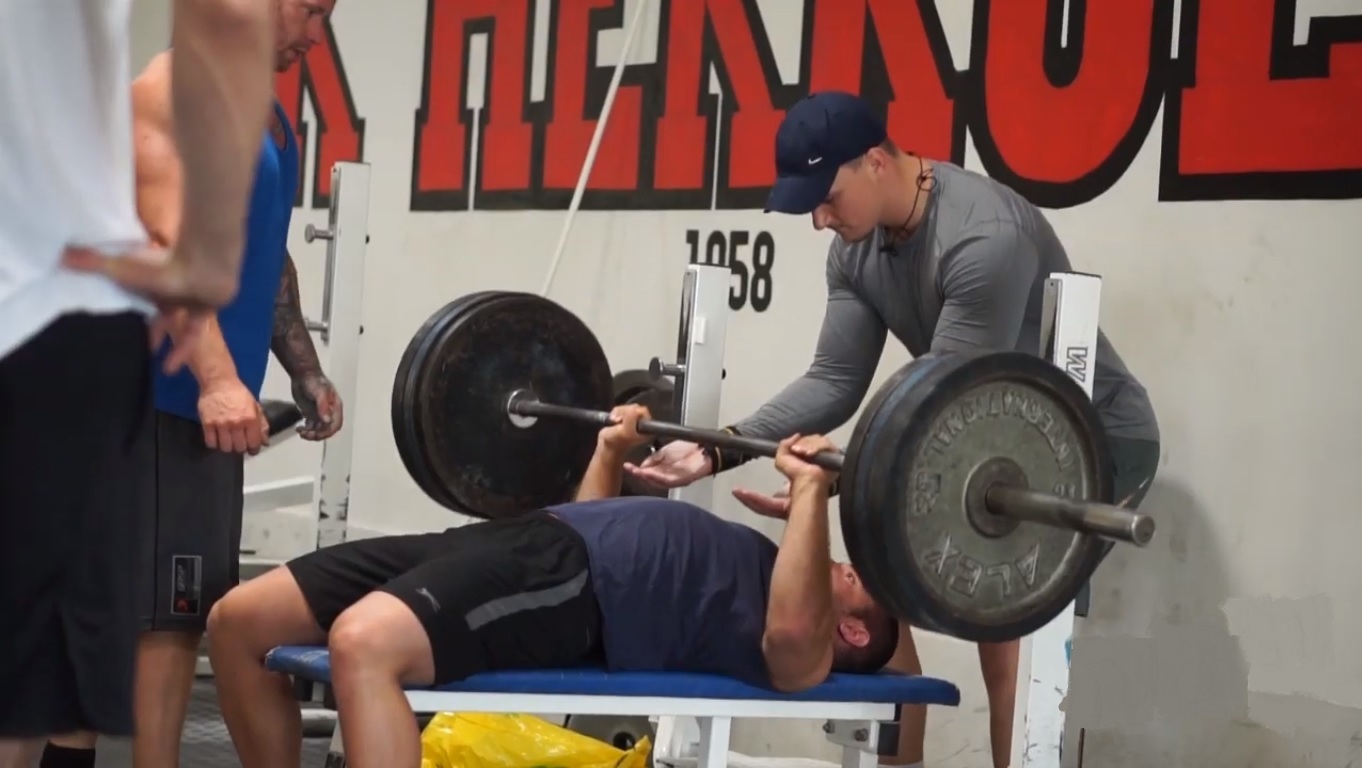
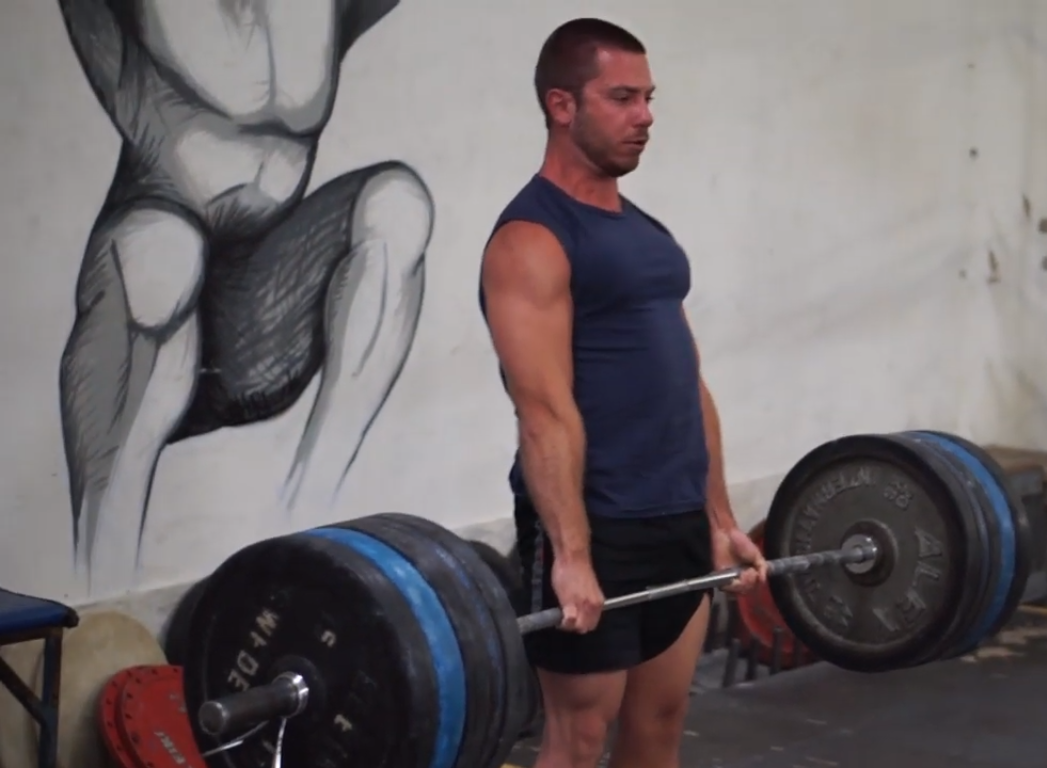
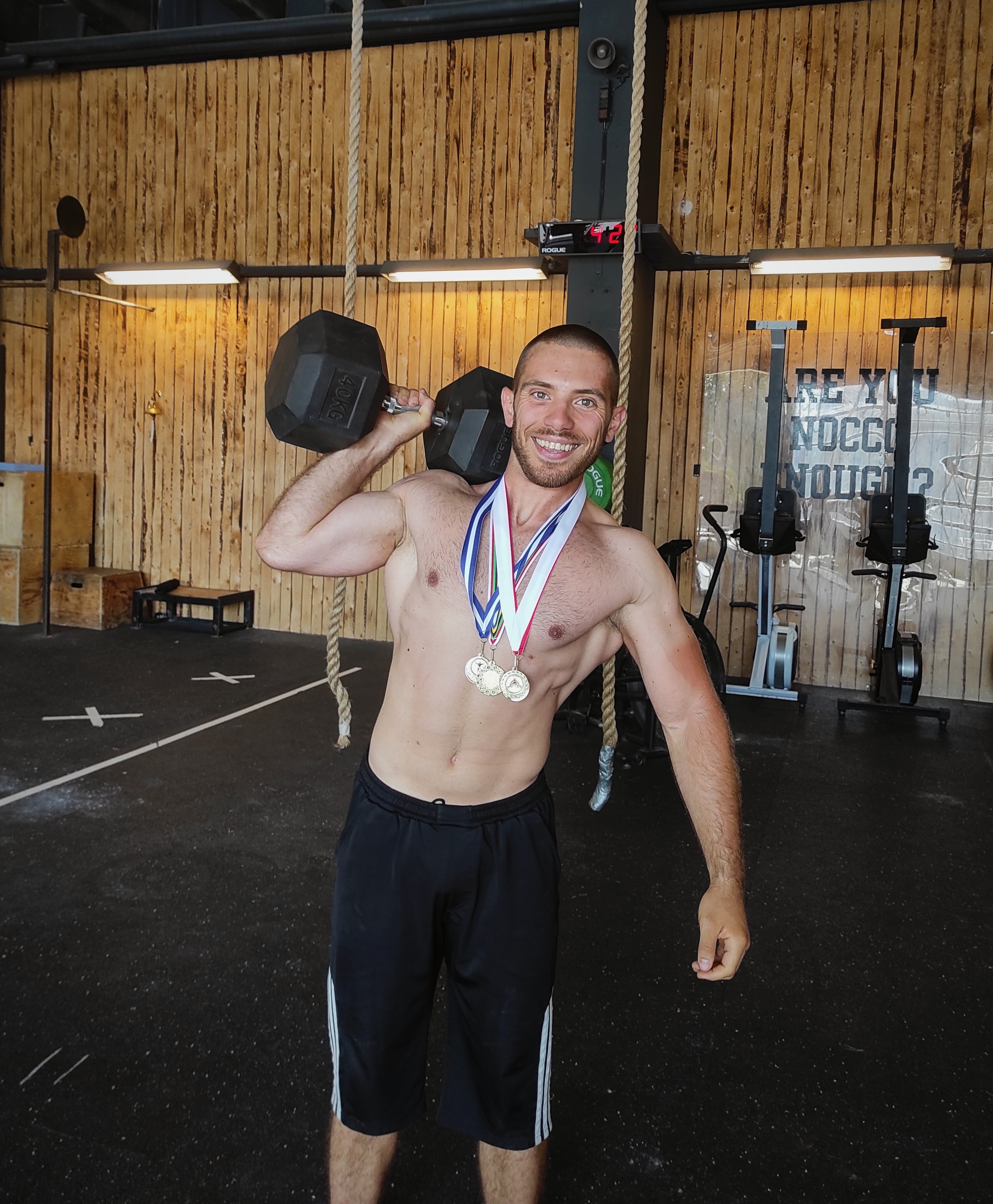
Being a strength and conditioning coach, I knew I had to lead by example, so I competed often and, in 2019, was able to be on par with the top-50 tested powerlifters in the world.
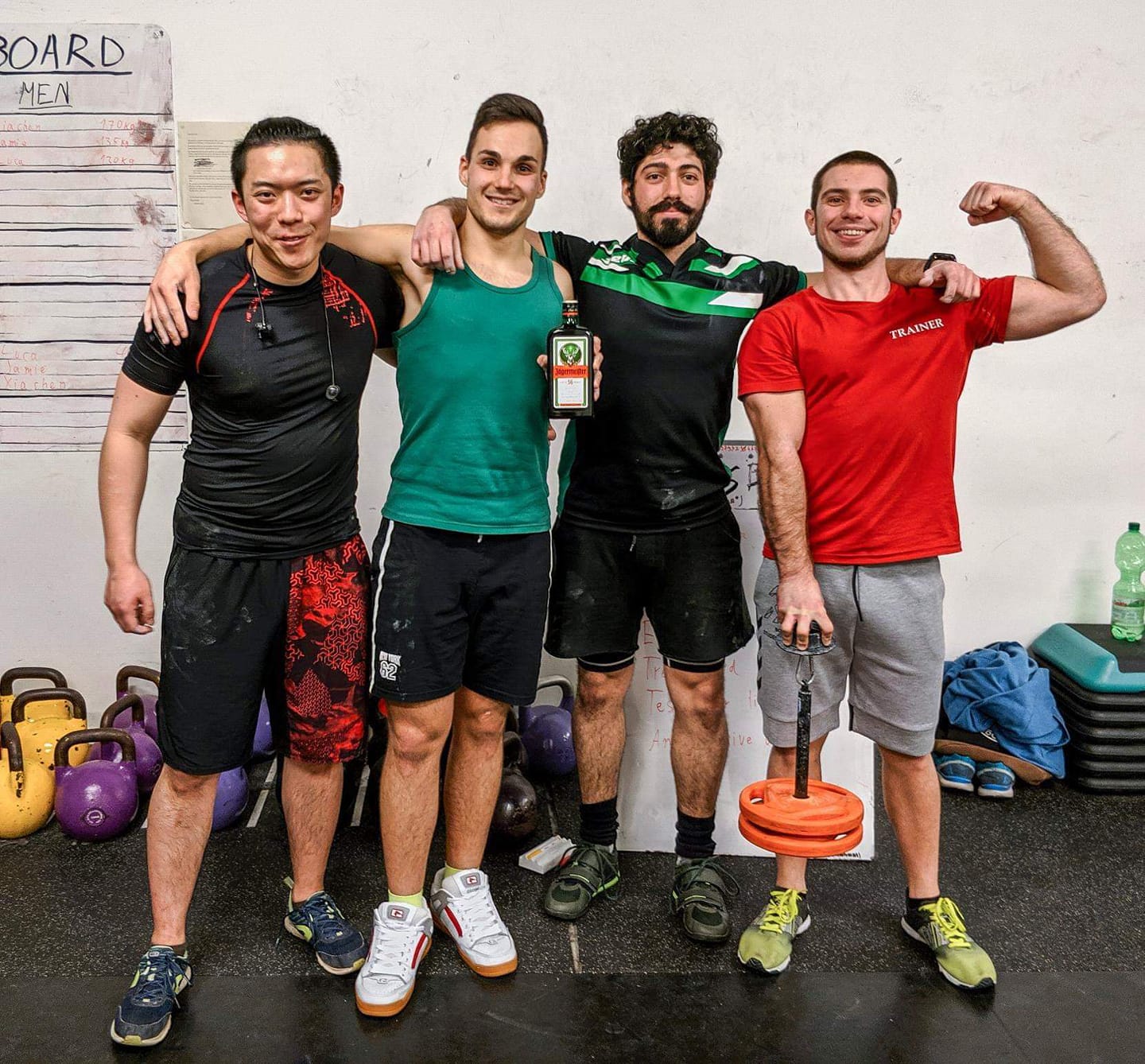
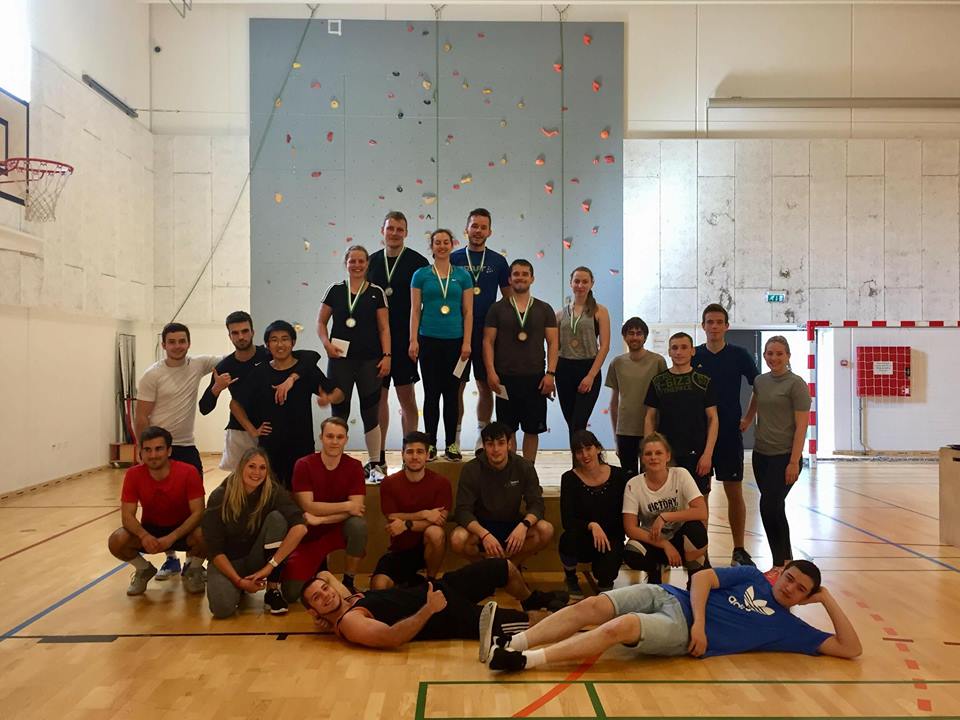
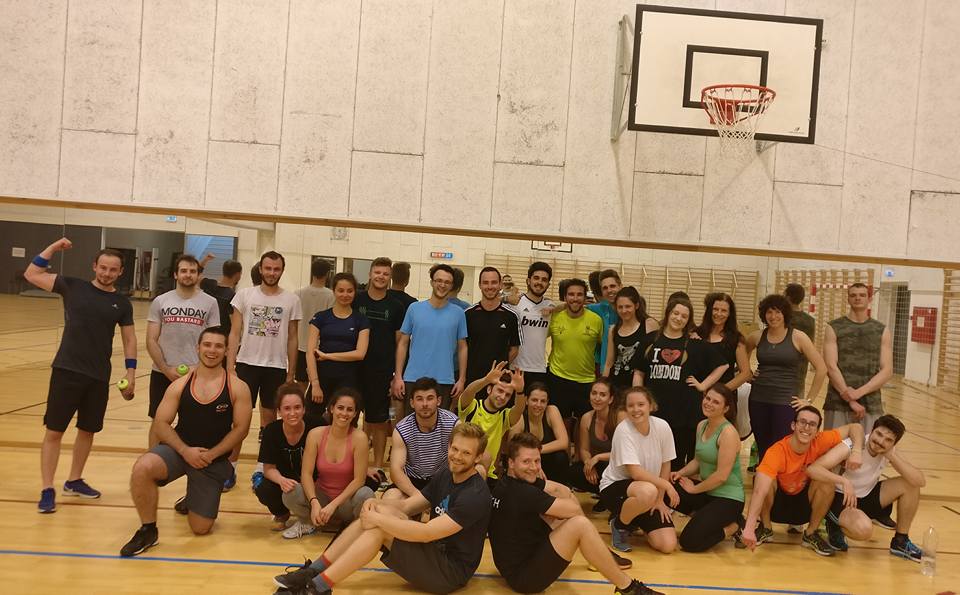
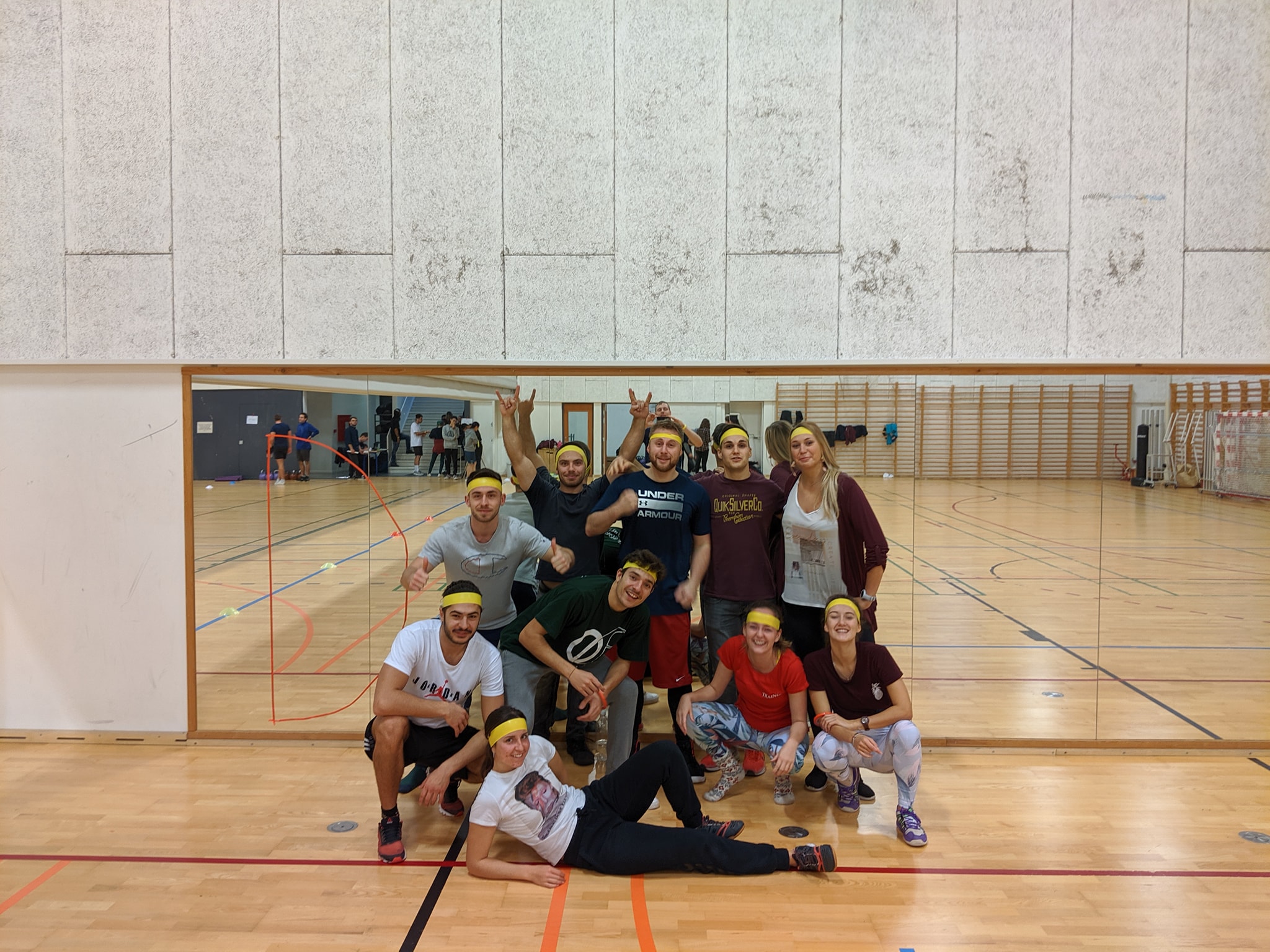
Coaching people to me also meant giving people the opportunity to be tested on their newly-acquired skills, therefore between the years of 2018 and 2022 I have been organizing a multitude of local-level sports competitions.
Having coached strength and conditioning and kickboxing for 6 years, in the beginning of 2023 I finally decided to get formally educated and I have been coaching, now professionally, since.